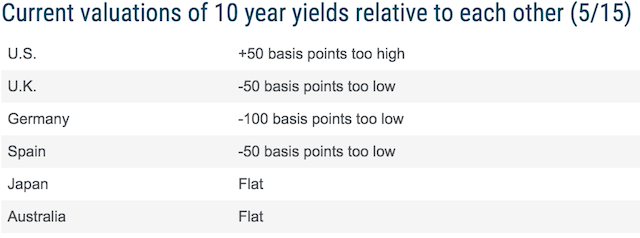A functioning cross-border capital market—one not reliant solely on banks—could be possible if European nations ran large, funded pension systems and invested rather than saved money, research has claimed.
“Bigger pools of long-term capital could provide a huge boost to capital markets in Europe.”— William Wright, New FinancialUK-based think tank New Financial said that if countries with relatively small and funded operations—including most in Eastern Europe and the Mediterranean—increased their invested retirement assets, a functioning capital markets union could be possible.
“At one extreme, Denmark has combined pensions and insurance assets of nearly 300% of GDP, compared with an average of 98% of GDP across Europe,” said William Wright, director at think tank New Financial. “At the other end of the scale, a large number of smaller countries have pools of assets that are just one tenth as deep as in Denmark and less than one third of the European average.”
Wright claimed by increasing the level of assets relative to GDP to the continent average, there would be a further €6 trillion available to fund loans and investment to European commercial ventures. This would represent a 45% increase on current available capital.
“Bigger pools of long-term capital could provide a huge boost to capital markets in Europe,” Wright said.
The research showed that Europe did not have a savings problem—it saves a higher proportion of GDP than the US—but an investment one as it fails to convert these reserves into investments.
Make this change would not be straightforward, however.
“Part of the challenge for capital markets union is that pensions policy is beyond the remit of the European Commission (EC) and is intimately tied up with culture, social policy, and taxation in individual countries,” Wright explained.
He suggested the EC could work with member states to encourage the proliferation of large, long-term capital stores and the help the wider shift from savings to investments.
“Highlighting the concrete impact that building deeper pools of long-term capital could have on the economies of individual countries that don’t already have them could help make a better case for capital markets,” Wright said.
More detail on the proposal can be found on New Financial’s website.
Related Content: How to Avoid the Next Sovereign Debt Crisis & What Greek Crisis? Fund Managers Load up on European Equities


 Source:
Source: